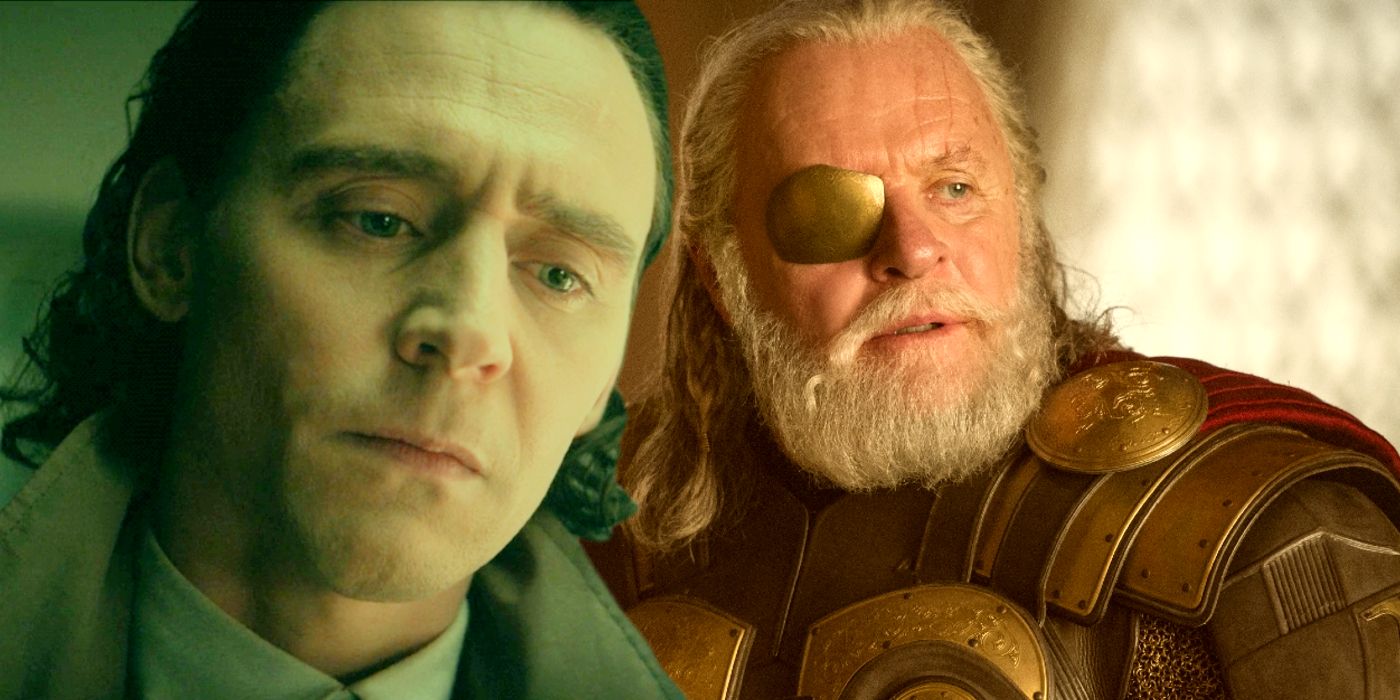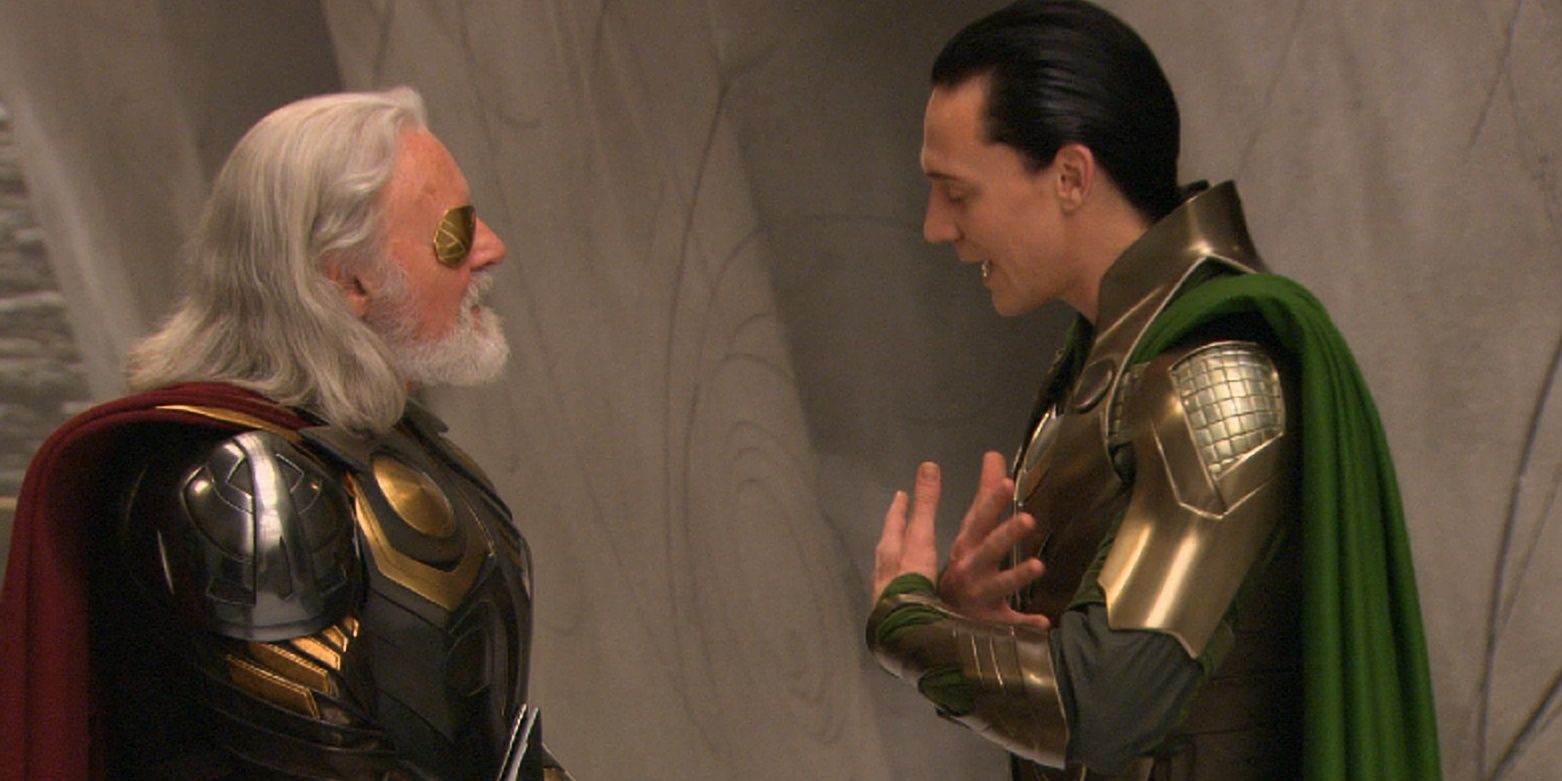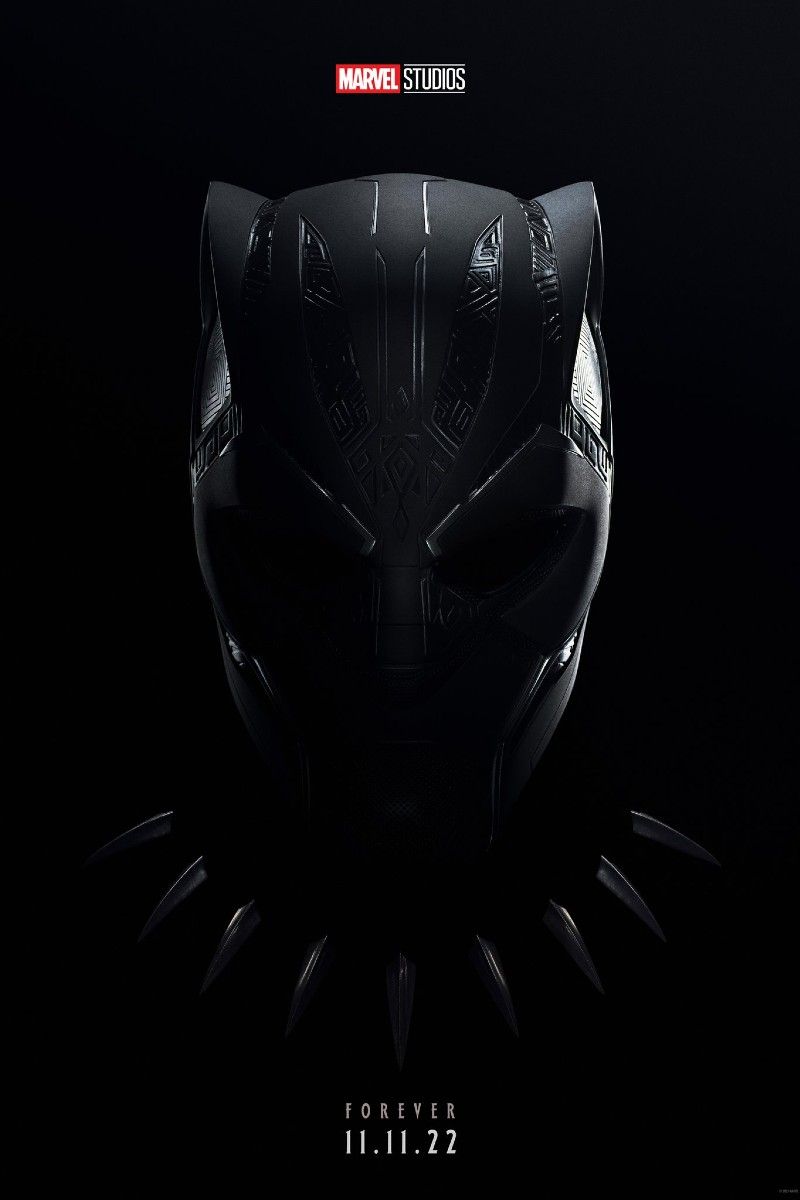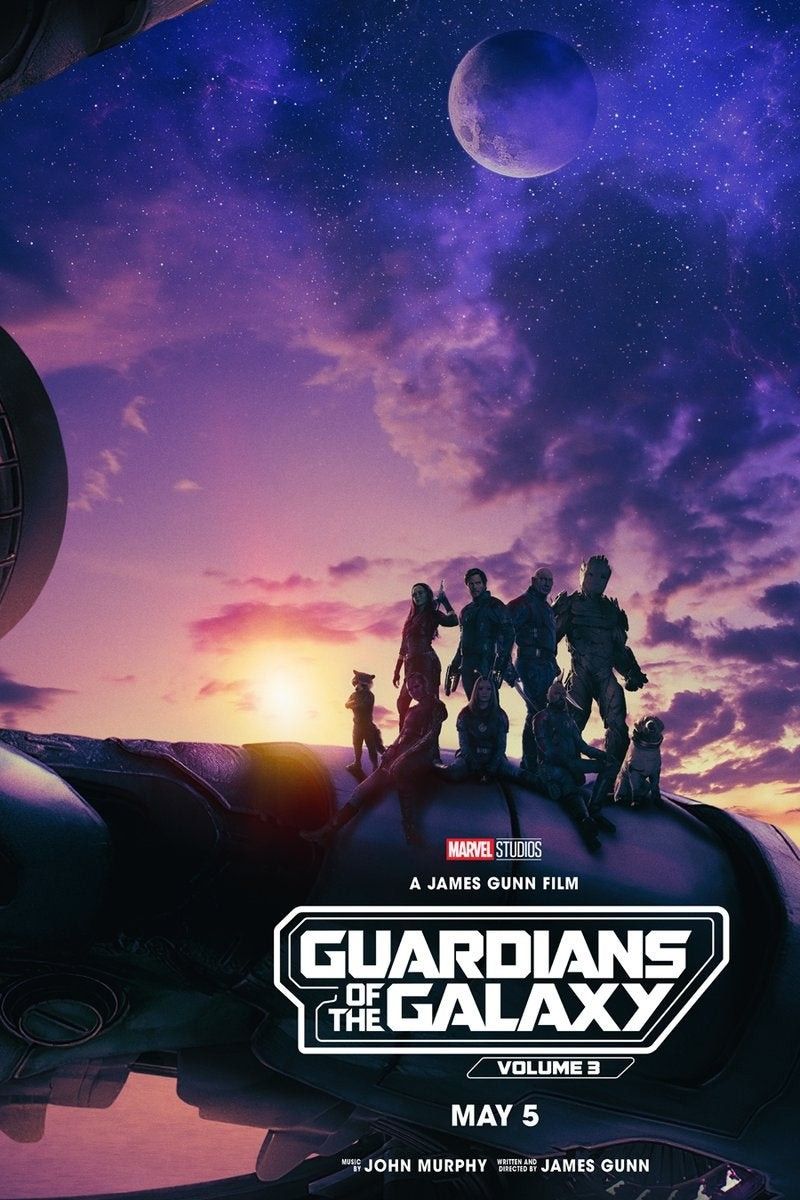Warning: Contains SPOILERS for Loki episode 2, "The Variant."
In just two episodes, Loki has already made the biggest lies Odin told his two sons seem much, much worse. Loki is charting a new course for the God of Mischief, picking up after The Avengers and before his redemption arc. However, while this is ostensibly the "evil" Loki, the Disney+ show is displaying how that moniker isn't true even for the 2012 version of the character. There are clear cracks in his facade, and watching moments like Frigga's death have a visible impact upon him.
Loki drives home that the character was always complicated, even before he turned into more of an anti-hero rather than the villainous character from Thor and The Avengers. A key reason for that is Odin, Thor's biological father and Loki's adoptive one, who shaped the lives of both of his sons for better and worse. Since the show is dealing with Loki's past, then it also means dealing with Odin's legacy, and it doesn't look so good.
In Loki episode 1, "Glorious Purpose," the God of Mischief goes through a robot detector at the TVA. While he is initially confident that he'd surely know if he were a robot, there's also something anxious about him as he gets scanned, and he even jokingly questions it. Loki never knew his true identity, because his Frost Giant heritage was hidden from him by Odin; the reveal he is Loki Laufeyson turned his life upside down, forcing him to re-evaluate everything, and it's clear from this moment that it still weighs heavily upon him. Episode 2 makes another remark to Loki's past, with Mobius referring to him as an "ice runt." it's a cutting remark, and further signifies just how much not being a "true" Asgardian, and worse, how Odin hid it from him, affected Loki. After all, Loki is the trickster god, so one of the worst things that can happen to him is that he himself is tricked.
Episode 2 also has another not-so-hidden reference to Odin as, during a discussion of good and bad, Loki says: "No-one good is ever wholly good." This is true of a lot of people - including Thor, especially since episode 1 revealed he and Loki were essentially dabbling in kidnapping and terrorism on Earth for laughs, as in Loki's D.B. Cooper scene - but it's particularly the case for Odin. The All-Father made a show of the idea of worthiness, presenting himself as a paragon of virtue and inherent goodness. To take Odin at face value was to believe he was the best of all Asgardians, but Thor: Ragnarok revealed Odin's dark past with Hela. Although Odin eventually saw the error of his ways and did everything he could to make amends, and tried to ensure his sons did not follow that path, he was a vicious, violent tyrant who seemingly had little thought beyond conquering and attending to his own whims. Odin was good, but not wholly good, and Loki knows it better than anyone.
This is the example and the standard Loki had to live up to. In Odin and Thor, he was faced with a father and a brother who always seemed to be superior to him, and that he himself could never be good enough. To learn that he was descended from a Frost Giant, and also that Odin himself was a wrongdoer, were twists that irrevocably changed Loki's viewpoints and cut him deeply. He may have often tried to pass things off with a joke or some mischief, but Loki shows just how much pain he was caused by Odin's deceptions, and how much of that he still carries.
Loki releases new episodes Wednesdays on Disney+.










